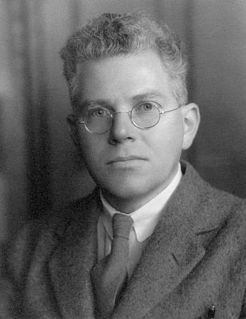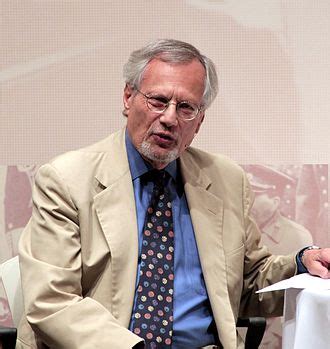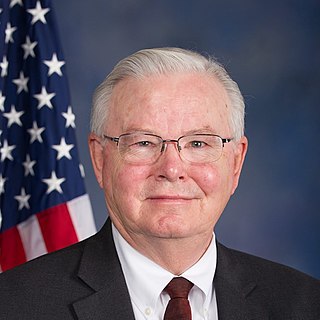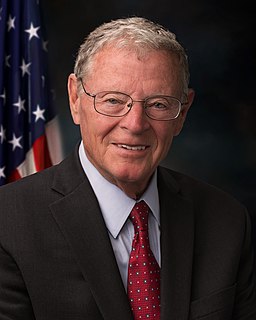A Quote by Barton Gellman
Enclosed by a sand berm four miles around and 160 feet high, the Baghdad Nuclear Research Facility entombs what remains of reactors bombed by Israel in 1981 and the United States in 1991. It has stored industrial and medical wastes, along with spent reactor fuel.
Related Quotes
At the height of Iraq's clandestine nuclear weapons program, which nearly succeeded in building a bomb in 1991, Tuwaitha incorporated research reactors, uranium mining and enrichment facilities, chemical engineering plants and an explosives fabrication center to build the device that detonates a nuclear core.
In the spring of 2007, Israeli intelligence brought to Washington proof that the Assad regime in Syria was building a nuclear reactor along the Euphrates - with North Korean help. This reactor was a copy of the Yongbyon reactor the North Koreans had built, and was part of a Syrian nuclear weapons program.
I, who had been in favour of nuclear energy for generating electricity ... I suddenly realised that anybody who has a nuclear reactor can extract the plutonium from the reactor and make nuclear weapons, so that a country which has a nuclear reactor can, at any moment that it wants to, become a nuclear weapons power. And I, right from the beginning, have been terribly worried by the existence of nuclear weapons and very much against their use.
I want to reassert again the position of the United States that with regards to Iran, we will not allow Iran to develop a nuclear weapon, period. We will not allow them to develop a nuclear weapon, and we will exert all options in the effort to ensure that that does not happen...The United States stands firmly with Israel, and we have a rock solid commitment to the security of Israel and to the security of its citizens.
What I believe is that the United States is going to be playing on a level playing field in dealing with Israel and the Palestinian people. I am 100 percent pro Israel in the sense of Israel's right to exist, I lived in Israel, I have family in Israel, Israel has the right to live not only in peace and security, but to know that their very existence will be protected by the United States government.
The international community must do a better job of controlling the risks of nuclear proliferation. Sensitive parts of the nuclear fuel cycle - the production of new fuel, the processing of weapon-usable material, the disposal of spent fuel and radioactive waste - would be less vulnerable to proliferation if brought under multinational control.































